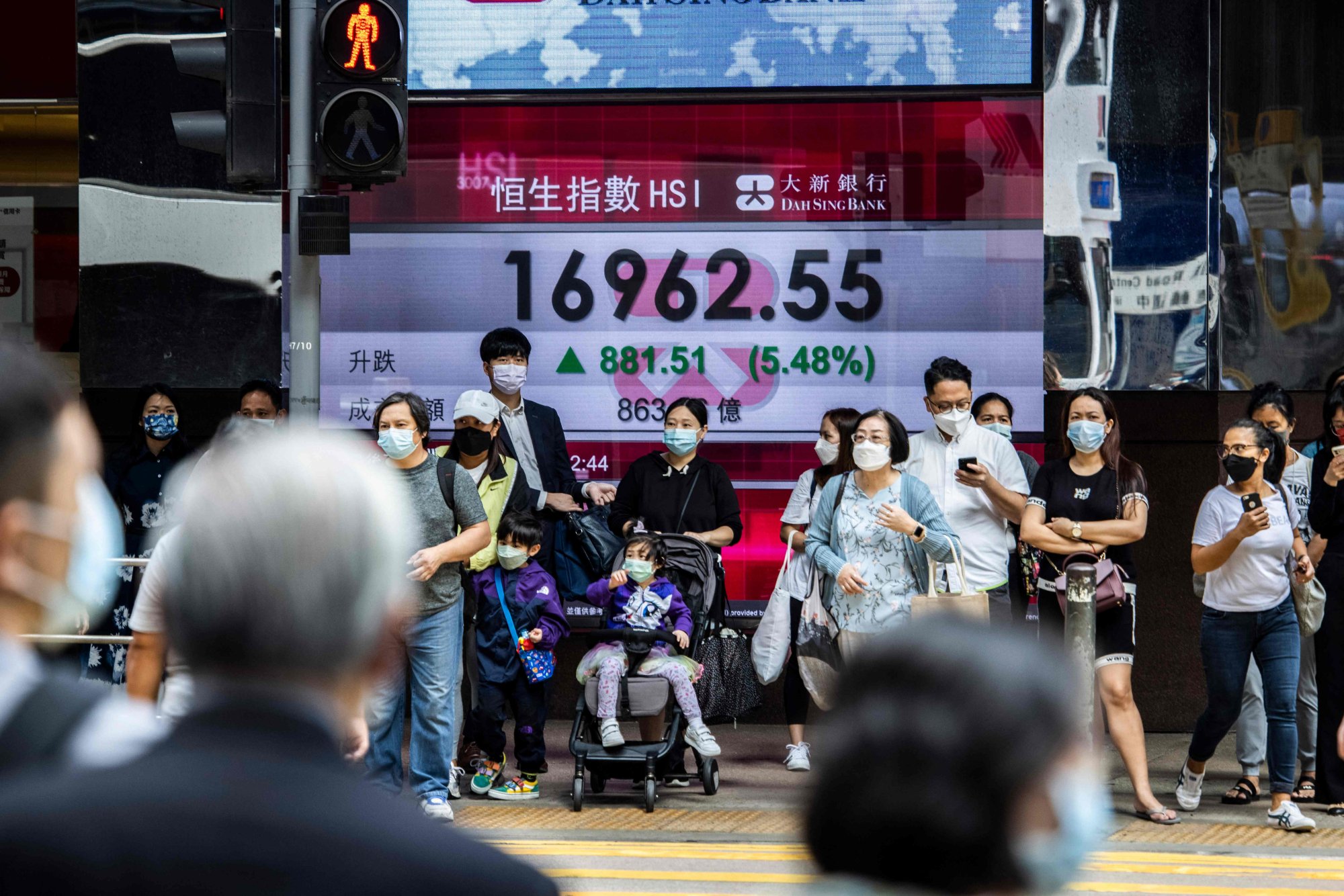
Saudi wealth fund PIF joins Temasek of Singapore in reporting steep 2022 investment losses amid slump in US, China markets
- Saudi Arabia’s US$778 billion sovereign wealth fund reports an US$11 billion loss from investment activities in 2022
- Temasek to ‘apply a geopolitical lens’ to its investments, avoid areas that are in the cross hairs of US-China tensions, CIO Sipahimalani says

“In the challenging investment environment of 2022, sovereign wealth funds became more cautious and reduced their risk exposure,” the International Forum of Sovereign Wealth Funds said in a recent report. “This cautious approach was most evident in their retreat from emerging markets.”
The challenges of investing in China under the zero-Covid policy were “particularly stark,” it added.
PIF, which managed US$778 billion of assets, owned stakes in Alibaba Group Holding, BeiGene and PDD Holdings, according to its fourth quarter regulatory 13F filings. Alibaba, the owner of this newspaper, fell 26 per cent in New York trading while biotech firm BeiGene slumped 19 per cent. Alibaba’s e-commerce rival PDD gained 38 per cent last year.
Luxury electric-car maker Lucid Group, in which PIF has sunk in US$2.8 billion, is one of the Saudi fund’s US$35.6 billion bets on US-listed companies. The stock crashed 82 per cent in New York trading last year. PIF-backed lender Saudi National Bank held a 9.9 per cent in Credit Suisse, which slumped 68 per cent in 2022, before its eventual bailout in March this year.

Meanwhile, Temasek suffered a rare net loss in 2022, citing mark-to-market erosion in its investments. The net value of its portfolio shrank by more than 5 per cent to S$382 billion.
The firm held depositary shares issued by eight Chinese companies, including Alibaba Group, JD.com and PDD Holdings, according to its 13F filings. It also wrote off a S$275 million bet on FTX, which it called “an aberration.” The cryptocurrency exchange has since filed for bankruptcy amid allegations of fraud.
“We need to apply a geopolitical lens to all our investments,” Rohit Sipahimalani, chief investment officer, said at a briefing on Tuesday. “For example, we won’t invest in areas that are in the cross hairs of US-China tensions. We’ll prefer to invest in companies that have access to large domestic markets.”
Additional reporting by Bloomberg and Reuters

